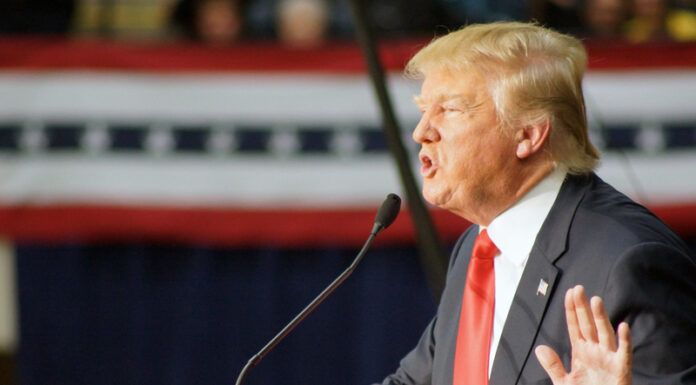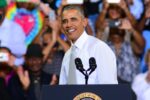President Donald Trump has cautioned BRICS countries, including newly added members Egypt, Ethiopia, Iran, and the United Arab Emirates, that they could face tariffs of up to 100% if they attempt to displace the U.S. dollar as the global reserve currency or introduce their collective currency. This warning comes during ongoing discussions about decreasing dependence on the U.S. dollar in international trade.
Trump’s warning is specifically aimed at Brazil, Russia, India, China, and South Africa. He asserts that any attempt to replace the U.S. dollar in global trade would face severe economic reprisals. “There is NO CHANCE that BRICS will replace the U.S. Dollar in International Trade, or anywhere else, and any Country that tries should say hello to Tariffs and goodbye to America!” Trump proclaimed.
As indicated by a post on November 30, shortly after his 2024 presidential election victory, Trump’s stance has consistently defended the dollar’s dominance in the global economy.
The Kremlin, however, rejected Trump’s threats. Dmitry Peskov, the spokesperson, explained that BRICS is not considering creating a shared currency. “The BRICS agenda needs to be better understood by American experts,” Peskov stated. “BRICS is not talking about creating its own currency – it is talking about creating joint investment platforms.”
India’s Foreign Ministry also minimized the threat, stating that BRICS makes decisions by consensus, and India doesn’t have a policy for de-dollarization. These discussions gained traction after Western sanctions on Russia following its invasion of Ukraine.
Russian President Vladimir Putin has claimed that the U.S. has “weaponized” the dollar, which has led countries to “search for alternatives.”
Peter Schiff, an economist, criticized Trump’s stance, arguing that BRICS nations are the “suckers” for accepting U.S. fiat currency in return for tangible goods and services.
A study by the GeoEconomics Center of the Atlantic Council reveals that the U.S. dollar continues to be the primary global reserve currency. Neither the euro nor the BRICS countries have been able to diminish the world’s reliance on the dollar.
South Africa’s government mentioned that while BRICS aims to enhance correspondent banking networks and devise infrastructure for settlements in national currencies, discussions about a common BRICS currency are not on the table.
Trump threatened to impose 25% tariffs on Canada and Mexico, starting February 1, 2025, as a measure to combat illegal immigration and drug trafficking. He has since put this on a 30-day hold after negotiating with our border nations. He imposed a 10% tariff on imports from China, referring to China’s role as a fentanyl supplier.
Economic collaboration within the BRICS has deepened following Western sanctions on Russia. Member nations are exploring alternatives to lessen their susceptibility to future sanctions. India has not undertaken any specific action toward de-dollarization.








